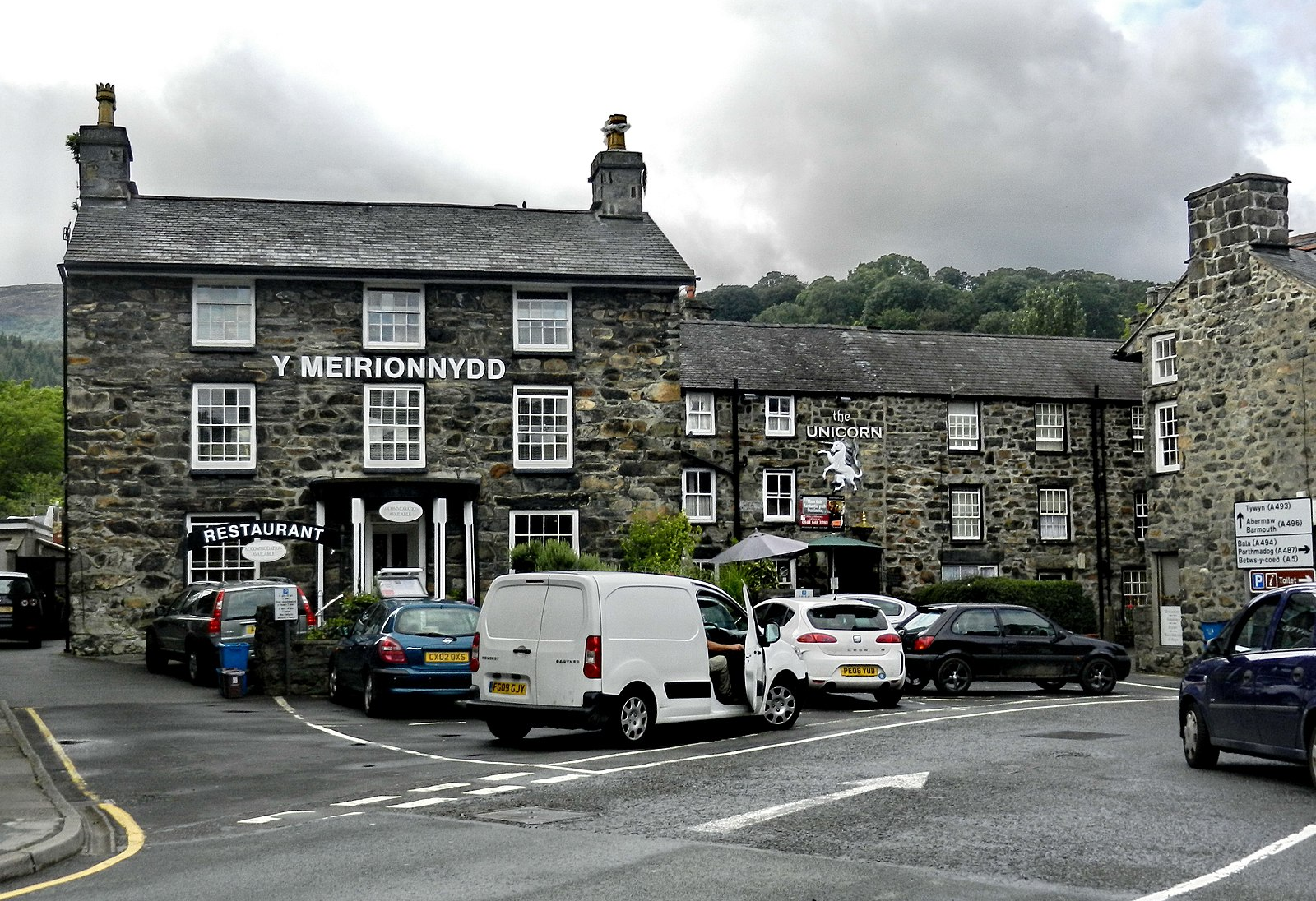William Jones of Byrntirion, 1808

Welsh nonconformity was overwhelmingly Calvinist in the eighteenth century but it was not immune to the winds of change. In the second half of the century Methodism was growing rapidly in England. In 1750 and 1751 when on the way to Ireland and back, Charles Wesley preached in Bala and Dolgellau - then usually spelled Dolgelly - but he did not did not give the principality his full attention. Nonetheless some heard him and a Mr Foulkes of Bala published the Rules of the Methodist Societies in Bala in 1761. One William Jones of Byrntirion (a large house and estate some five miles to the north of Dolgellau) was a devout man who “… was a good linguist, had mastered Greek, Latin and Hebrew, but declined to go on to the University, because, as he said, he did not feel called to preach the gospel, and with that conviction could not tell a lie and take Holy Orders. So instead he became a joiner." (The Origin and History of Methodism in Wales, p.590, here , my sole source for this acc